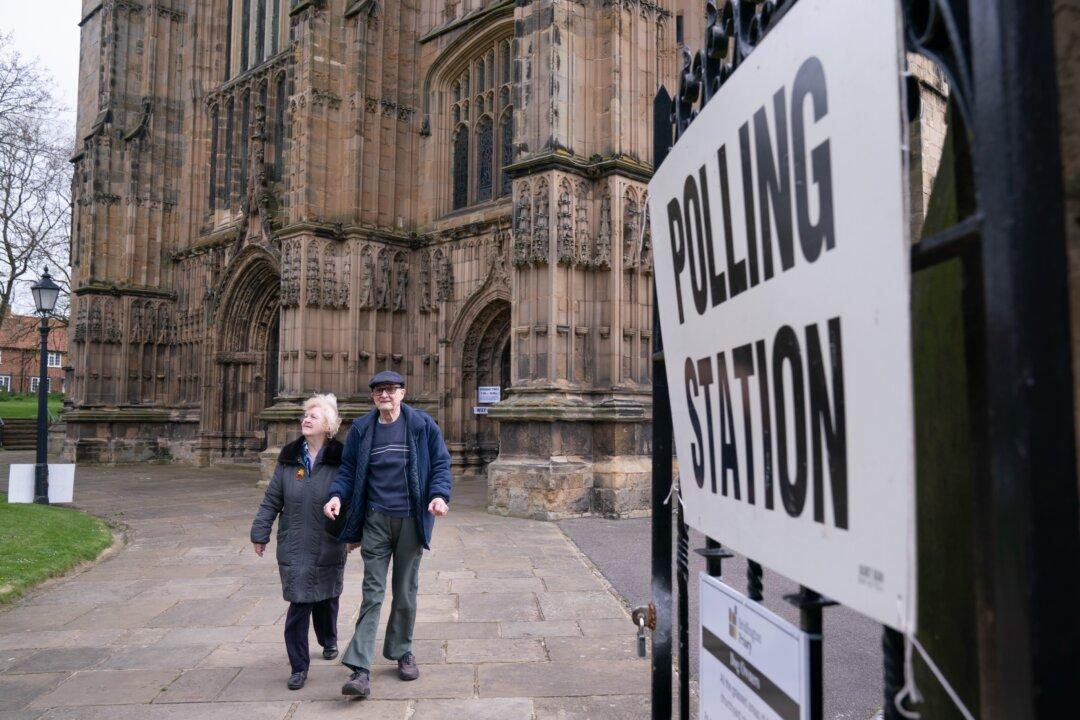The Electoral Commission has said that Thursday’s local elections were “well run” despite some voters being turned away under the newly implemented voter ID rules.
Under the Elections Bill passed in April 2022, those turning up at polling stations are now required to show a valid photo ID before being given a voting slip.





